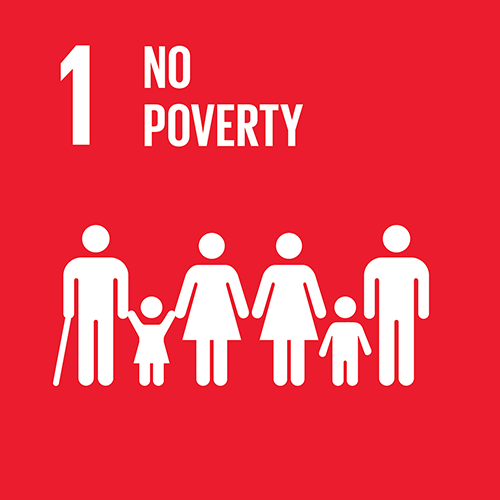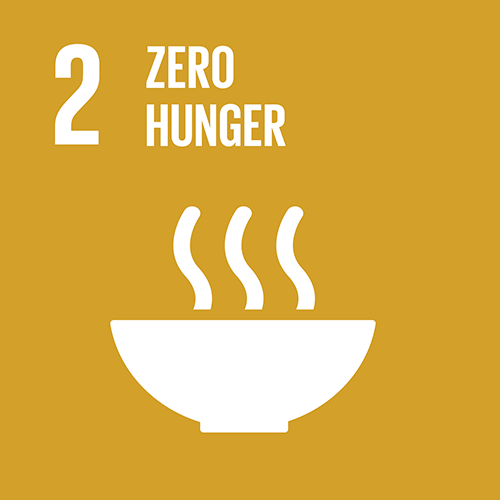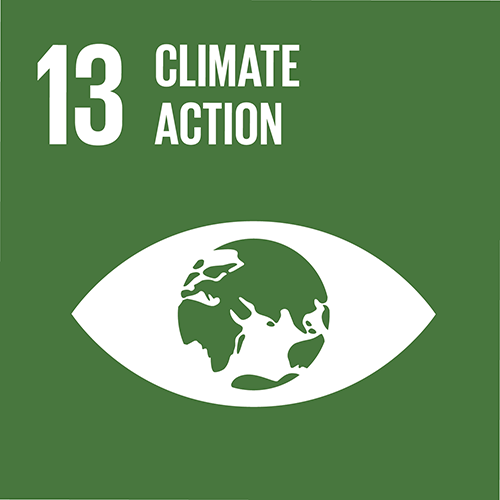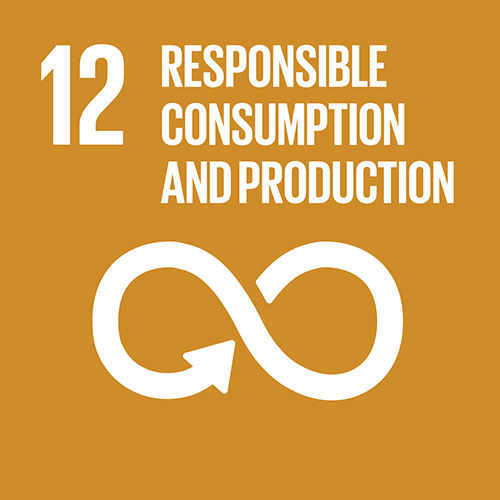Animal Manure Produces Clean Biogas in Indonesia
Project type: Biogas , Biomass
Project location: Indonesia
Project status: In operation, credits available
Annual emission reduction of the whole project: 40,000 t
The overall objective of this climate protection project is the installation of domestic biogas digesters as a clean, sustainable energy source throughout Indonesia. Domestic biogas provides a sustainable way for individual households with livestock to reduce dependence on firewood and expensive fossil fuels for cooking and lighting.
Biogas digesters convert the dung into biogas that can be used for cooking and lighting. The slurry left over from this process is also an excellent organic fertiliser that can be used to improve crop yields. The programme subsidises the purchase of a biogas plant. The programme seeks to distribute biogas digesters as a local sustainable energy source by developing a commercial, market-oriented sector for them that also provides job and business opportunities for masons and partner organisations in construction.
The construction of biogas digesters in rural households reduces greenhouse gas emissions on different levels: the methane appearing as a result from the fermentation of the dung in the traditional way escapes no longer into the air. The methane is used instead as energy source replacing firewood or charcoal and can be utilized for lighting as well. The slurry replaces chemical fertilizers, whose production and transportation also is omitted. In addition, this organic fertilizer does not cause soil degradation as chemical fertilizers do. It has also a three times higher nutritional value compared to normal animal manure.
I used to spend USD 15 monthly on LPG for cooking. Now I can spend the money on better meals and milk for my child.
Thanks to a biogas plant, women and girls in particular enjoy the daily time savings of 60-90 minutes on average. The saving in time accrue largely from reduced time in cooking and collection of fuel wood. The clean energy produced by the biogas produces minimal smoke soot, which in turn decreases cleaning time. Families save money as they no longer have to buy fuel for cooking and fertilizer for the fields. Therefore repaying the loan is not difficult. The healths of women and girls improves as a result of decreased smoke and dust in the kitchen.
Project partner, construction partners and cooperatives
The programme is initially a bilateral initiative between the Royal Netherlands Embassy and Indonesian Ministry of Energy and Mineral Resources which started in 2009 with Hivos (a Dutch non-profit organisation), SNV Netherlands Development Organisation as a technical adviser, and Yayasan Rumah Energi (YRE) as the local implementing partners. Since June 2023, to comply with Indonesian Regulation, the programme is implemented by Biru Karbon Nusantara, a business unit from YRE who continues the management of the programme itself. The programme of activities covers nineteen provinces throughout the country. At present, around 40 construction partner organisations and 20 cooperatives work with the programme.
Where exactly does the money from carbon finance go?
Around 50 per cent source from carbon finance is invested to facilitate beneficiaries in accessing the biodigester through subsidy. Biodigester subsidy is used for shares of installation cost, units’ after sales service, and user trainings. The remaining proportion is allocated for monitoring activities thatwhich is required by The Gold Standard, and as well as to cover theo cost for biodigesters reparation.
Monitoring and verification of the project (MRV)
The sale of the CO2 certificateds achieved by the programme take an important role in supporting programme’s sustainability. DBP is registered and verified by the Gold Standard. The programme is monitored annually and then verified and audited by a verification and validation body, an independent third party that is registered in the Gold Standard. See more information under "Documentations".
This project contributes to 10 SDGs*
*as at the end of August 2024. myclimate only finances a share of this project. The following figures relate to the impact of the entire project. Find out how myclimate reports these SDGs in our FAQ.
The following SDGs are verified by the Gold Standard:
Over 117,000 people benefit.
The households benefit from increased yields thanks to the application of the slurry on the fields.
Mostly women and children benefit from 1 hour daily time saving per household.
28,000 small biodigesters installed.
Over 520,000 tonnes of CO2 reduced.
These SDGs have been approved by myclimate:
The project improves the health of the people thanks to decreased smoke and dust in the kitchen.
Over 38,000 tranings were given.
281 jobs generated.
The bio-slurry generated by the biodigester replaces the use of chemical fertilizer and improves the soil quality.
The project contributes to the conservation of forests by avoiding the harvesting of firewood.
Situation without project
Non-renewable wood as energy sourceDocumentations
Project standard

Partner


Project number
7200













